This website uses cookies so that we can provide you with the best user experience possible. Cookie information is stored in your browser and performs functions such as recognising you when you return to our website and helping our team to understand which sections of the website you find most interesting and useful.
Vatutine Territorial Community
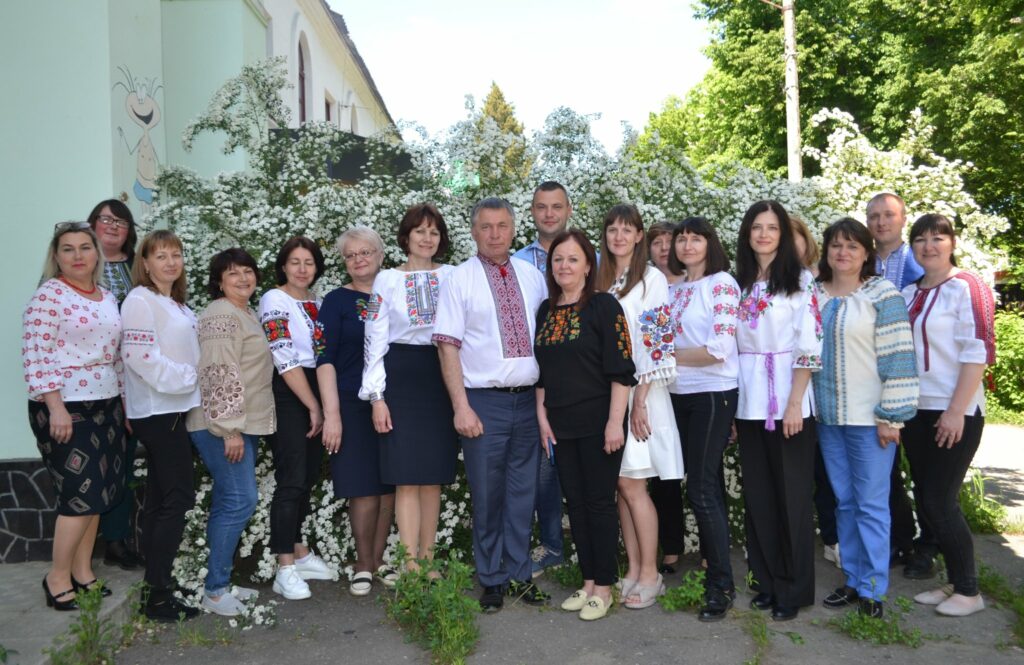
The Vatutine urban territorial community is located on the territory of the Zvenyhorodka district, Cherkasy region.
The total area of the community is 107, 56 km2.
Population: 20,469.
Women: 11,196
Men: 9,272.
The community has three starosta-headed districts and its administrative centre in the town of Vatutine.
History
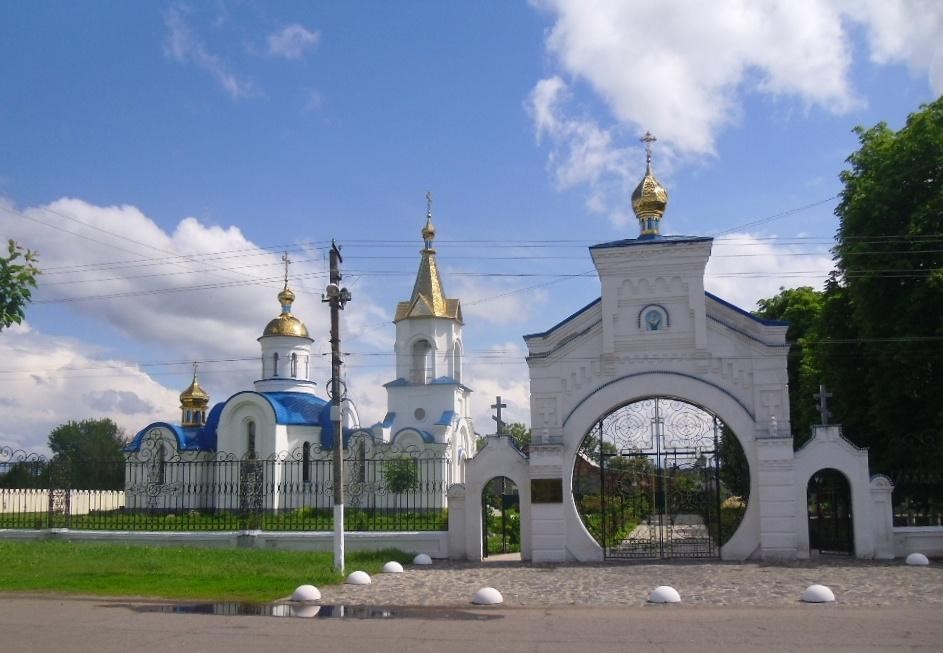
The history of the administrative centre of the Vatutine community begins with the development of the Yurkivka lignite deposit near Yurkivka village in 1947. That is why the town was named “Miner’s Town” for almost 50 years.
The technical base consisted of captured enemy Germany equipment. The complex included a unique dump bridge with a built-in rotary excavator, mining excavators, a thermal power plant and a briquette factory.
A brick factory and a woodworking plant were built to facilitate the construction of the town.
On 19 April 1949, the territory of the working settlement, which was called “Shakhtynskyi”, was transformed into an urban-type settlement and named Vatutine.
On 26 June 1992, the settlement received the status of a town of regional subordination.
In 1979, Skalyvatka, the village with 500-year history, became the territorial unit of Vatutine.
The Church of the Assumption of the Most Holy Theotokos was built in the town, and its parishioners together with the rector-priest became subordinate to the Orthodox Church of Ukraine.
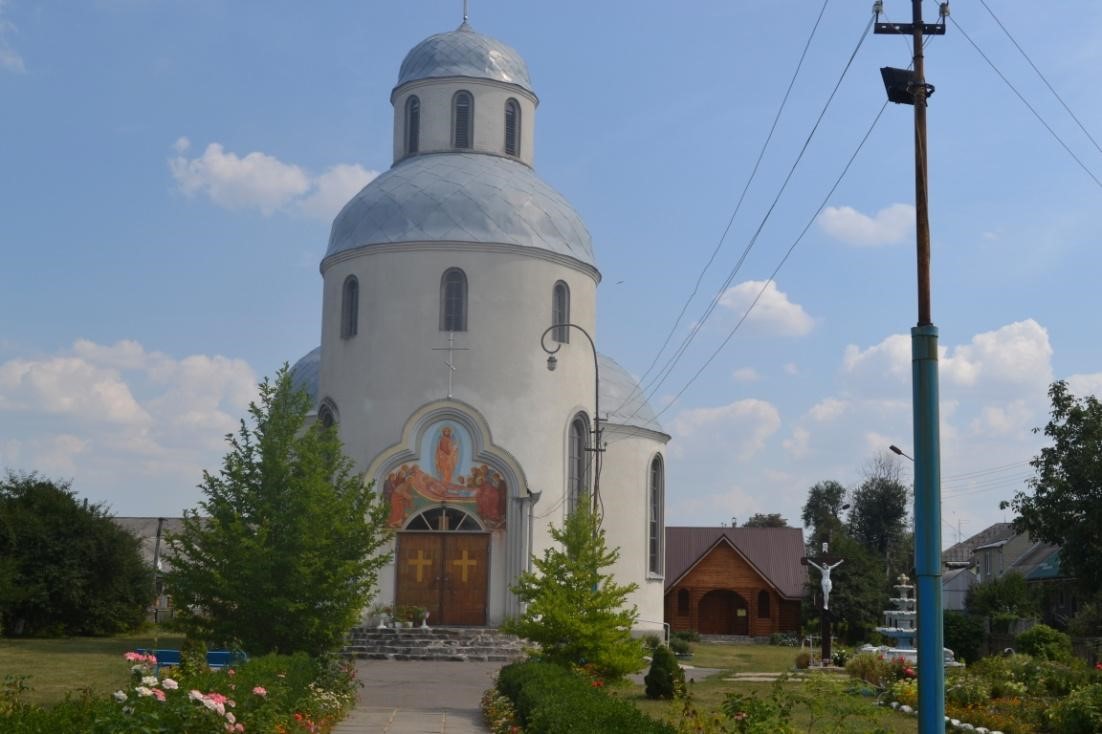
The newly built wooden church of St. Nicholas in Chychyrkozivka village is a spiritual gem of the community.
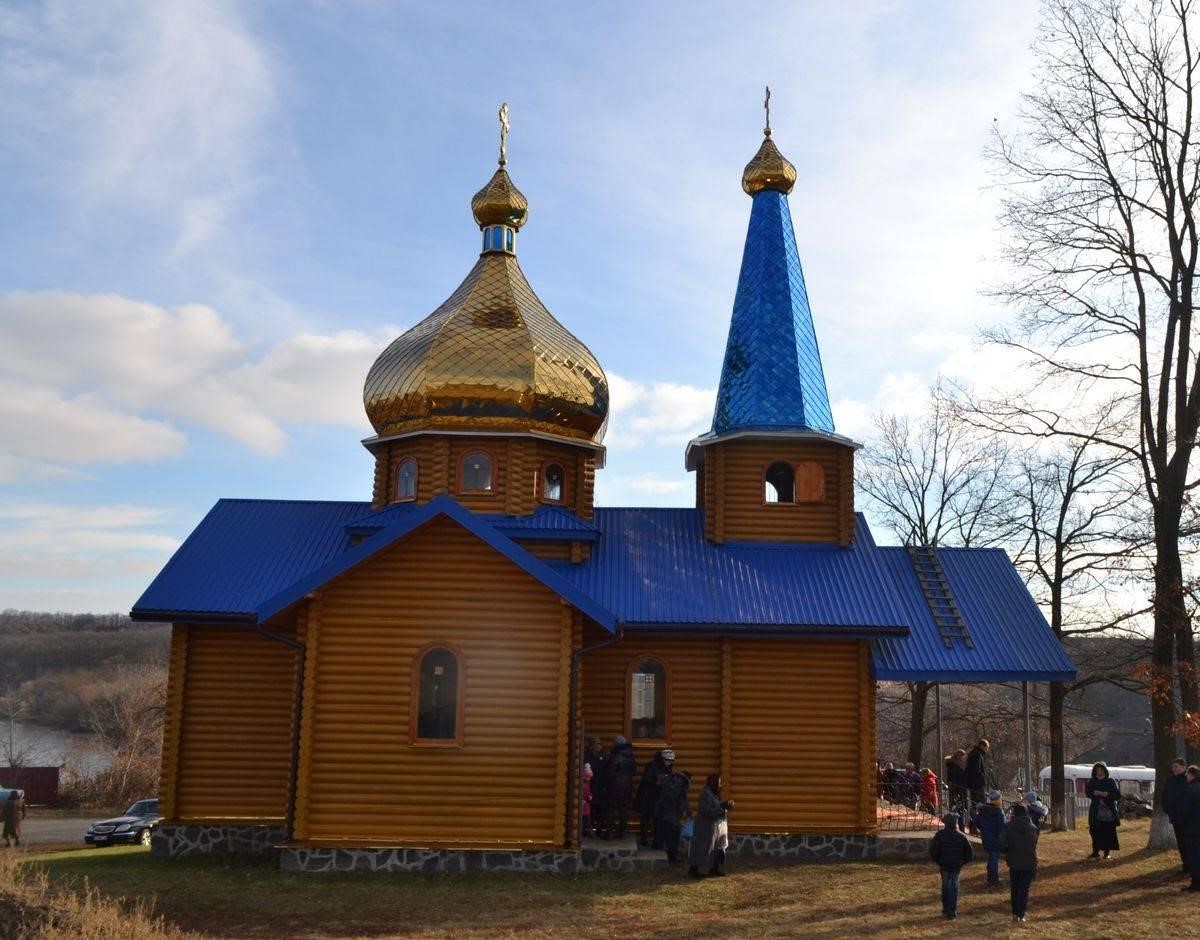
The community’s water gem is the Shpolka River, which flows through Vatutine town, Yurkivka and Stetsivka villages and into the Hnylyi Tikych. Several ponds and two reservoirs were built on the river: Vatutine and Yurkivka reservoirs.
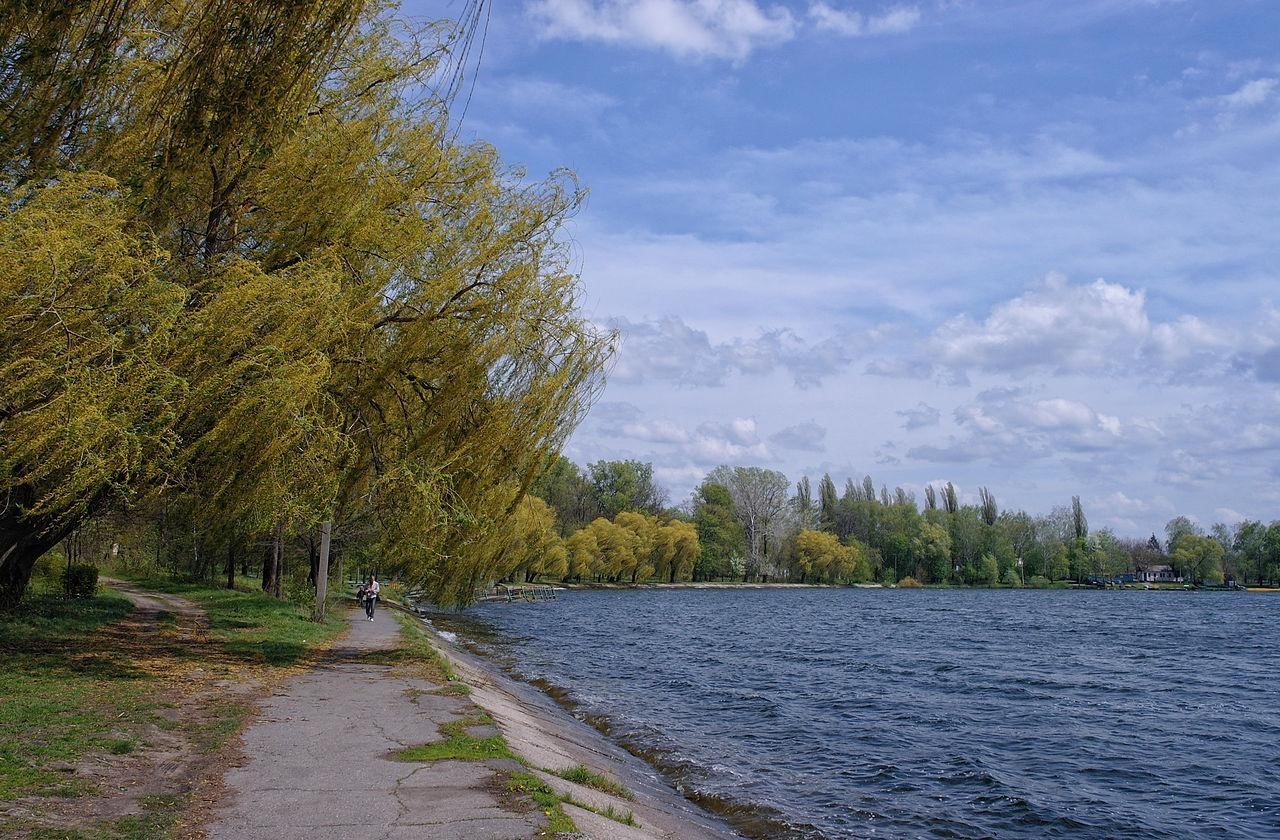
The local park, which belongs to the Ukrainian nature reserve fund and is recognized as a monument of horticultural art, is a favourite holiday destination for residents of Vatutine and its guests.
A special feature of the park is the free placement of plantations on a large area. The decorative groups of trees are planted on large lawns; small but bright flower gardens change the colour spectrum during the season.
There are wide alleys, places of mass celebrations, a stage, sports and entertainment grounds. And the main attraction of the park is the Island of Love.
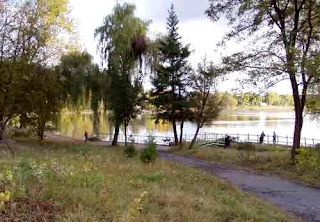
There is Blue Lake near the town – the abandoned lignite open-pit, which is flooded now. Thanks to the steep banks, which are overgrown by trees, and the sky-blue water, which gained its colour from deposits of blue clay, it resembles a real mountain lake.
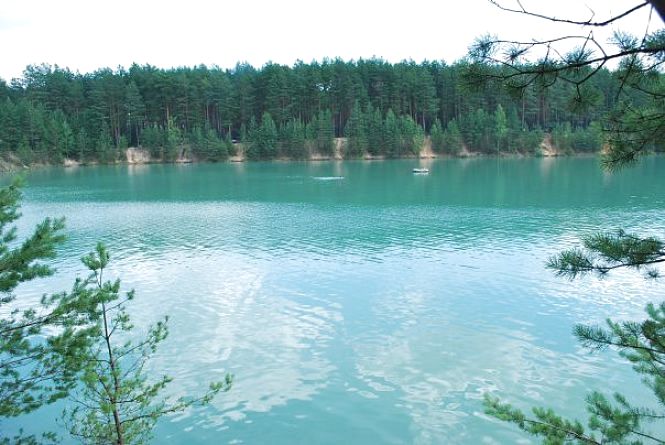
The history of villages of the Vatutine urban territorial community is much older. A settlement of the Trypilian culture, a grave field of the Chernyakhiv culture, as well as the remains of a settlement of the Trypilian culture and a burial mound of the early Scythian times were discovered around Stetsivka and Chychyrkozivka.
Economy and Welfare
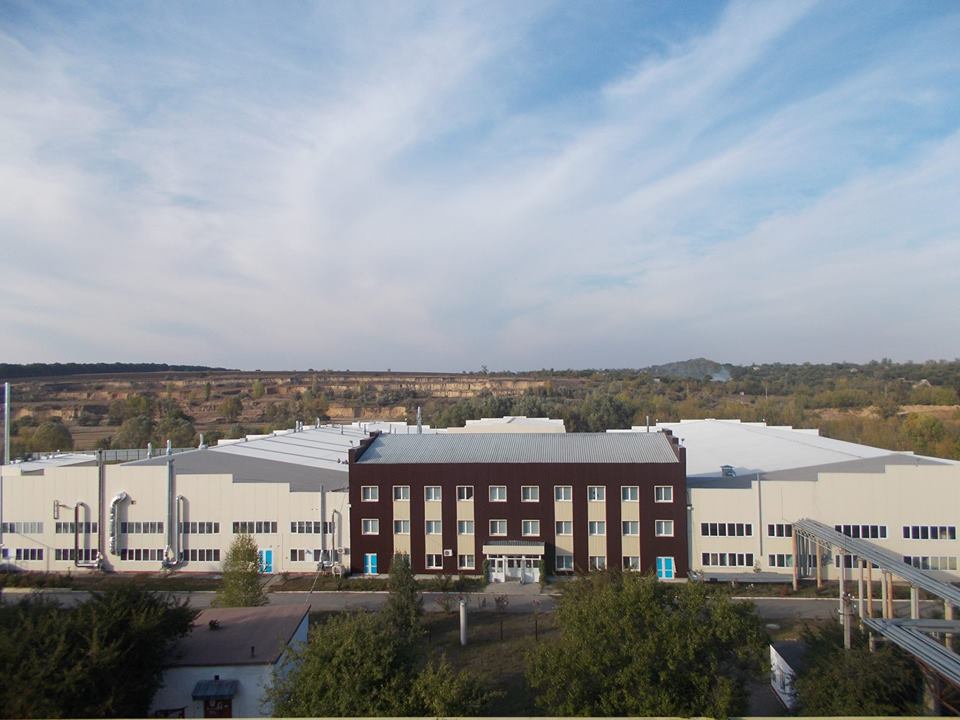
The economic base of the Vatutine urban territorial community is formed by enterprises, which mainly engage in agriculture and food industries.
Round Cracknel Integrated Works, a limited liability company, is the main budget-generating enterprise, which has the largest specific weight in the volume of product sales.
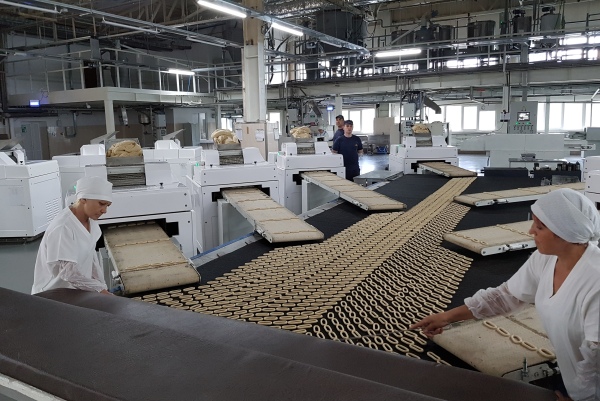
The agro-industrial complex is the most important sector of the economy which generates the main part of food resources and has significant development prospects. A farming enterprise is the most common type of entrepreneurship in the agricultural sector; there are twelve of them in the territory of the community.
The agricultural enterprises of the Vatutine community focus on the cultivation of grain, legumes and oilseeds (corn, wheat, sunflower, and soybean).
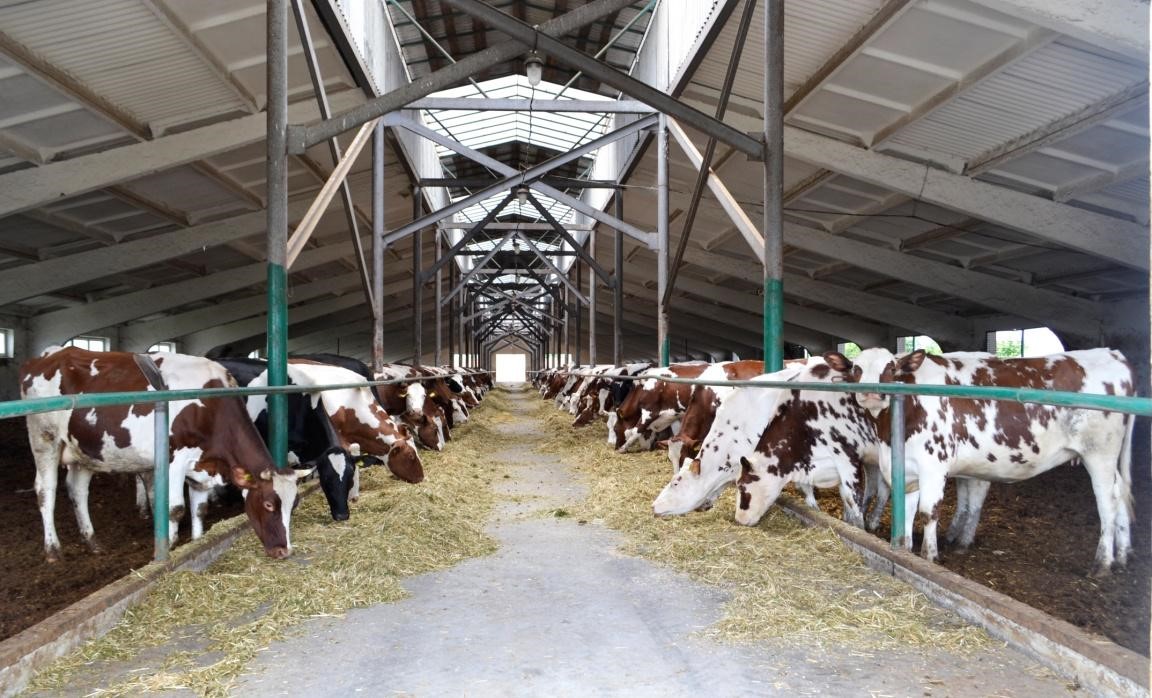
Community and War
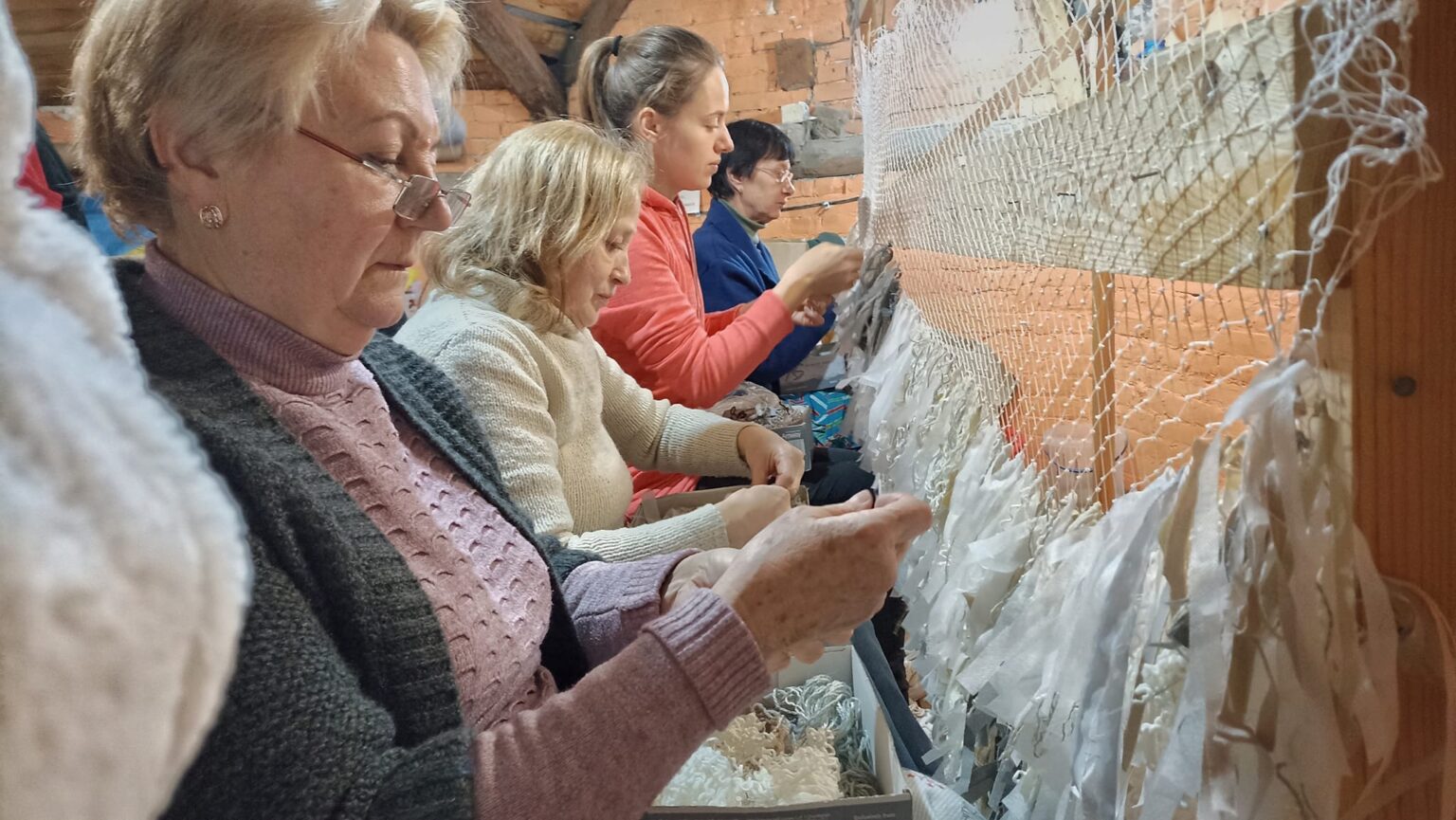
The harsh war reality made it necessary to comprehend the situation as quickly as possible and respond to challenges promptly. The main challenges are as follows: saving the residents, supporting the army, assisting the people who were forcibly evacuated from the regions were hostilities are underway. Local authorities, community residents and volunteers rallied and put in a lot of effort to become a true support.
All structural subdivisions of the community were actually repurposed and became headquarters for receiving and issuing humanitarian aid, manufacturing food products, weaving camouflage nets, making trench candles and much more.
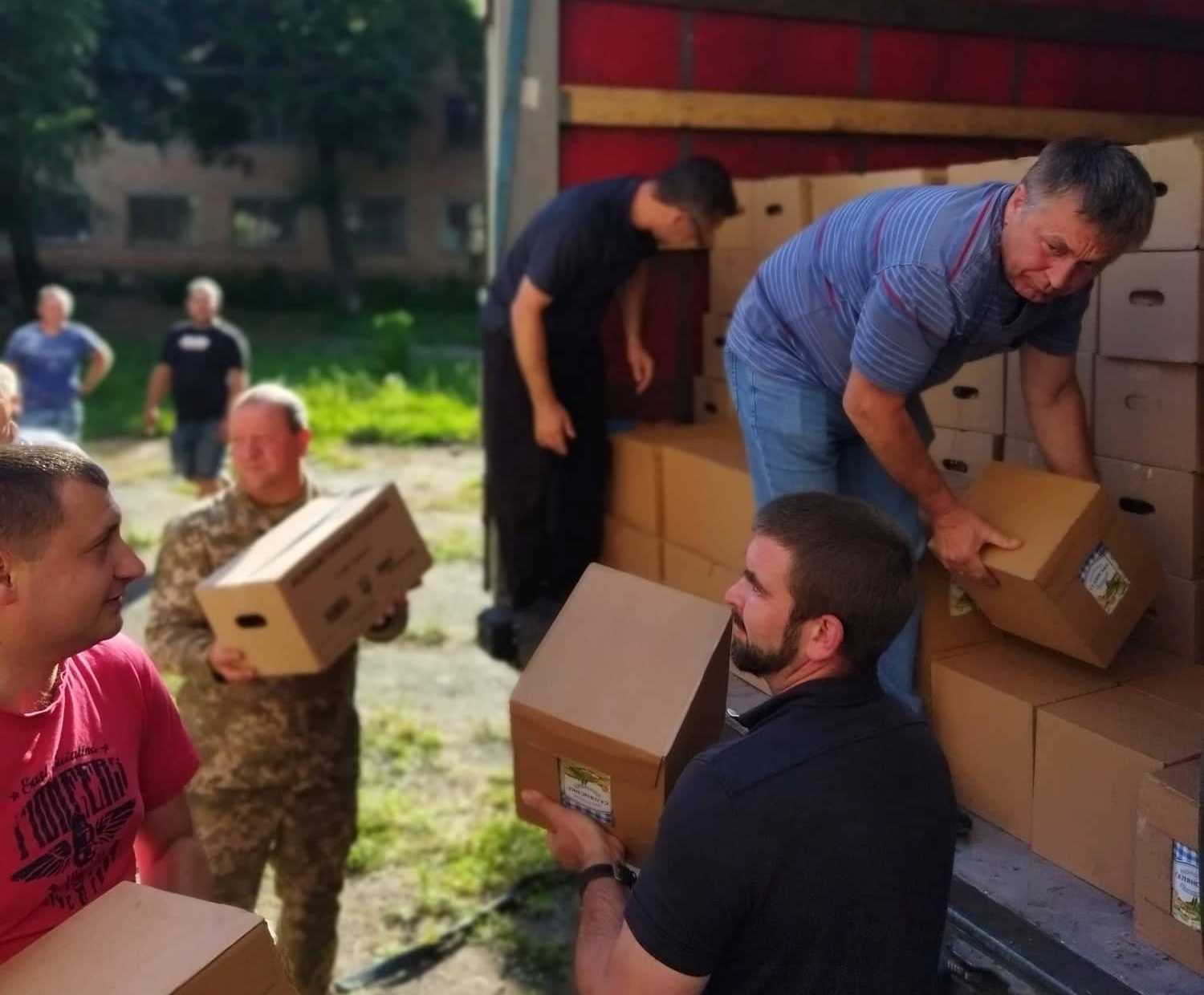
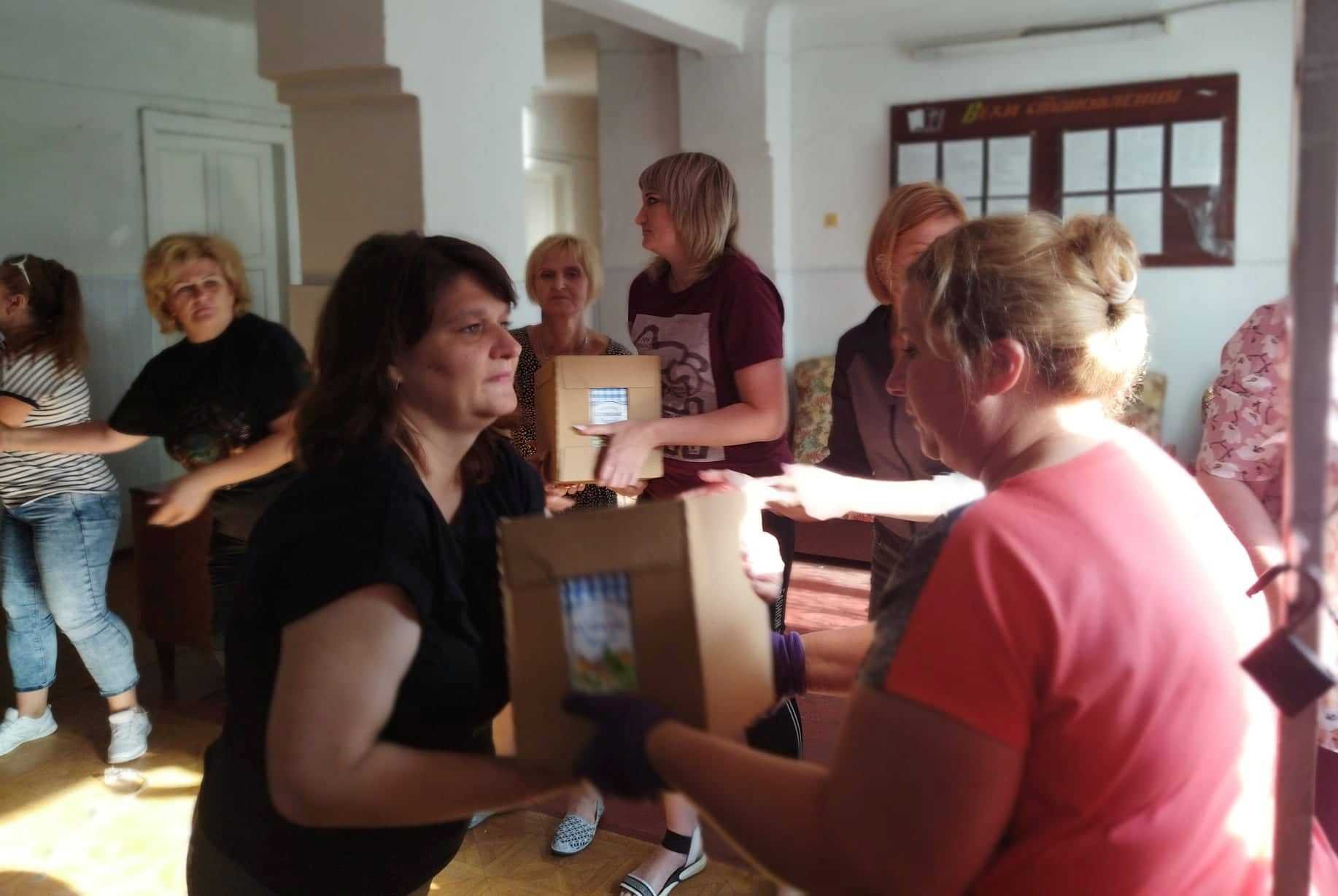
Now, the priorities include the attracting of humanitarian goods to help the armed forces, displaced persons, and community residents during the war, the supporting of relocated businesses, and the reconstructing of housing for those who lost it due to the war. Since the beginning of martial law, about 4,000 internally displaced persons arrived in the community and each of them received all the necessary assistance and was provided with housing.
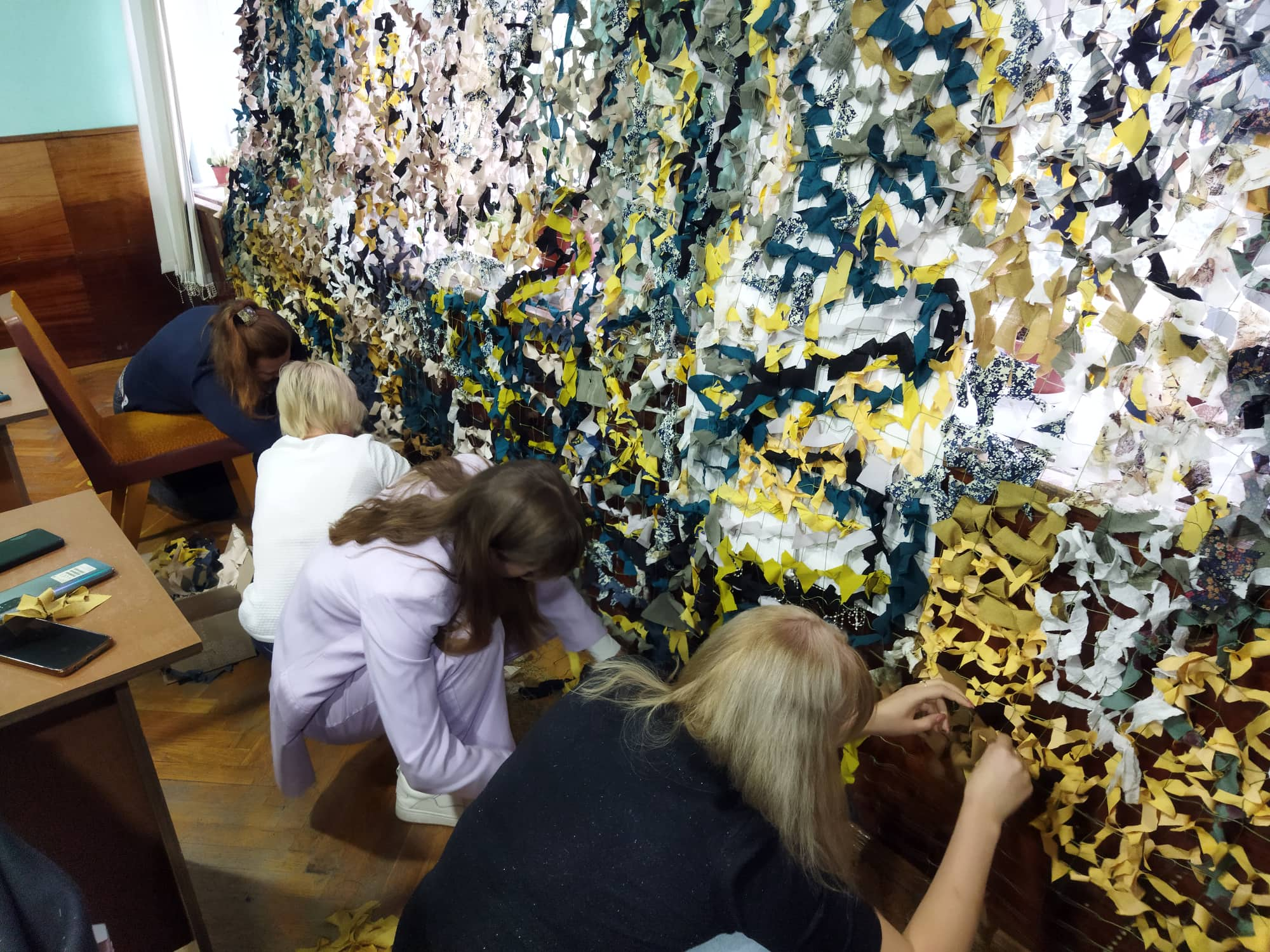
Currently, the issue of job creation is urgent, and all possibilities are used for its solving, including relocation support for the enterprises in the east and south of the country. Since the beginning of the war, six enterprises relocated their facilities to the community’s territory.
One of them is the Aeromekh Enterprise, which is already known in more than 60 countries abroad. The enterprise produces equipment for the grain sector: separators, grain cleaning complexes, containers, moisture meters and other products.
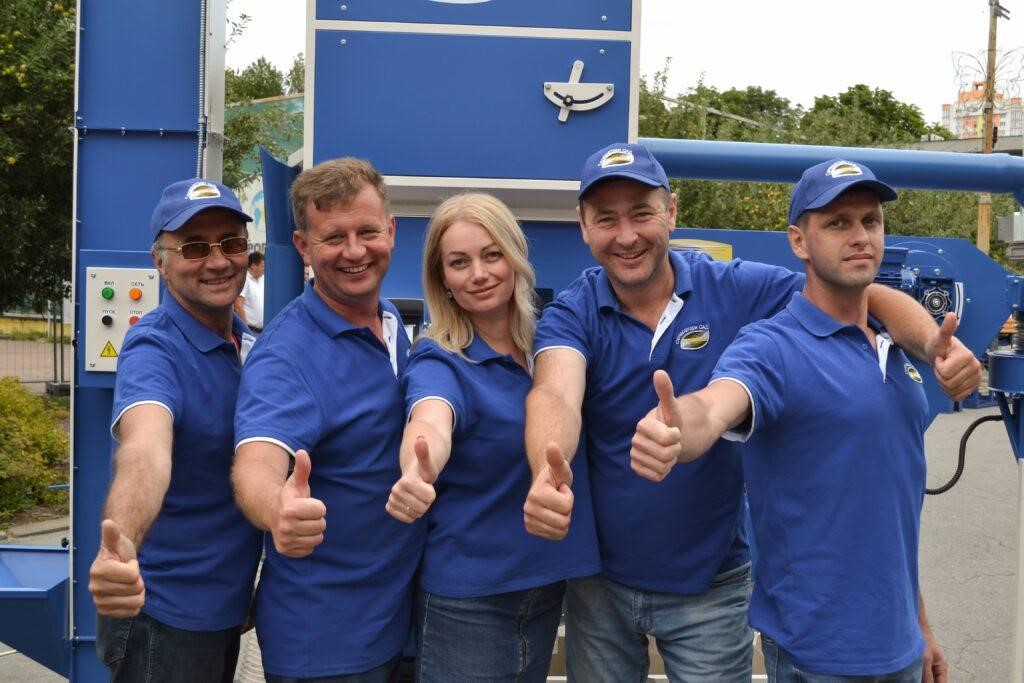
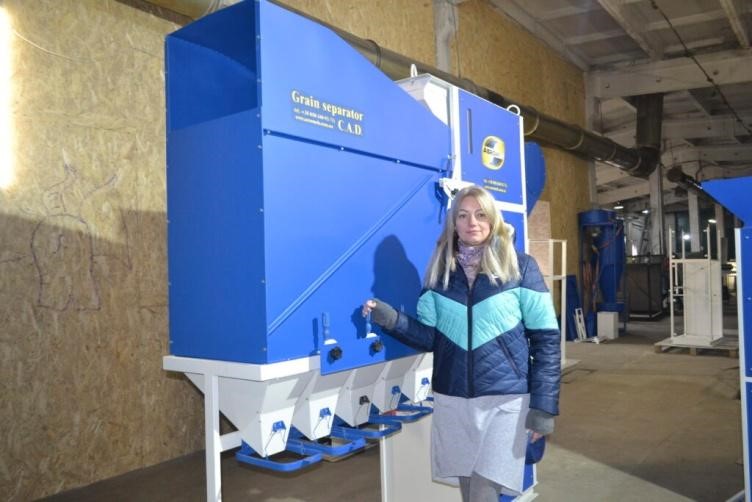
People of the Community
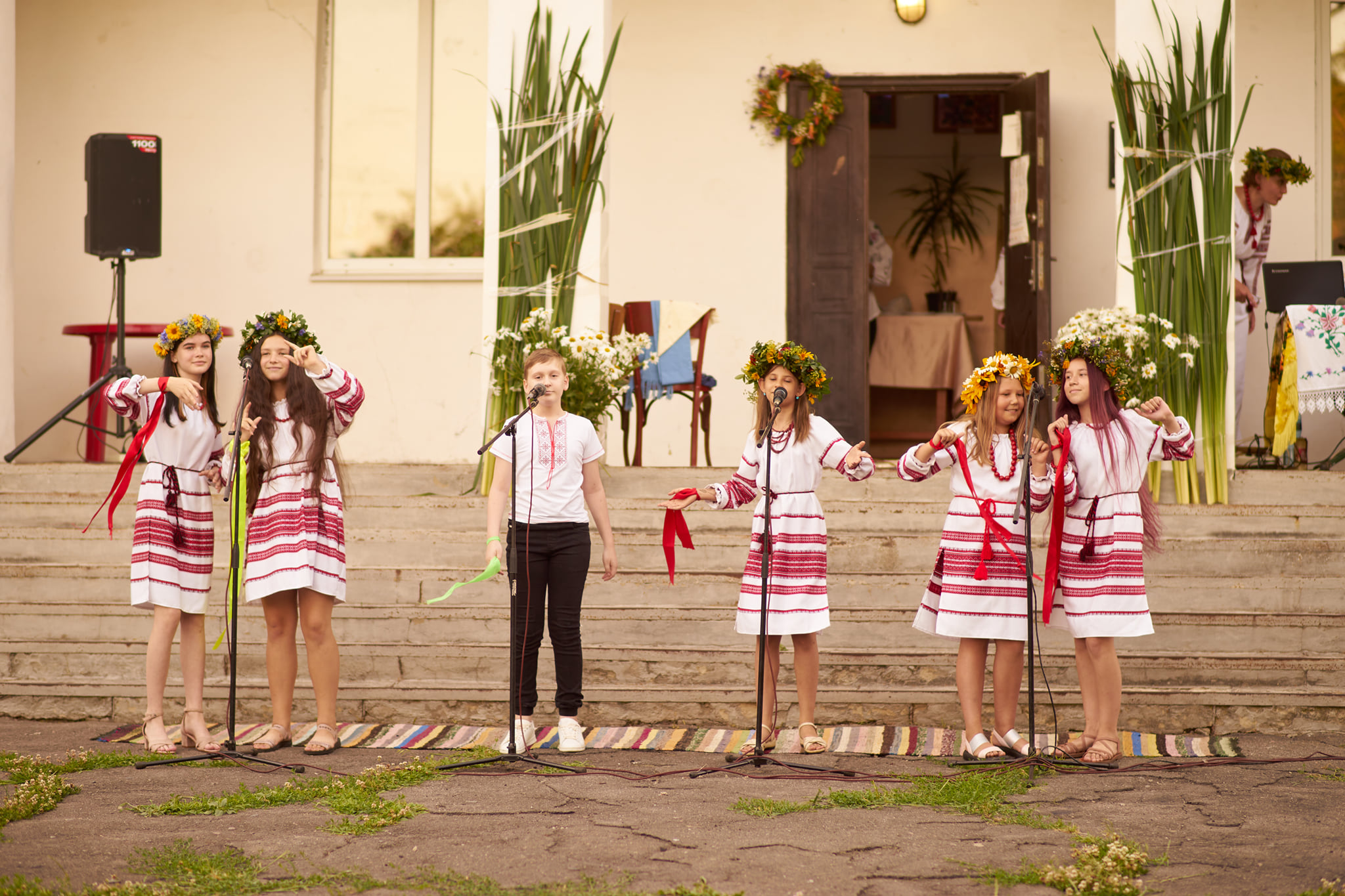
Community Head Oleksandr Zaborovets, who has come from the Zhytomyr region, but has lived in Vatutine for a long time, considers the community his native home and makes great efforts to facilitate its development.
Mr. Zaborovets has considerable working experience in local self-government bodies. In 2020, he was elected as head of the newly created Vatutine urban territorial community for his professional qualities, humanity, sincerity, responsibility and honesty.
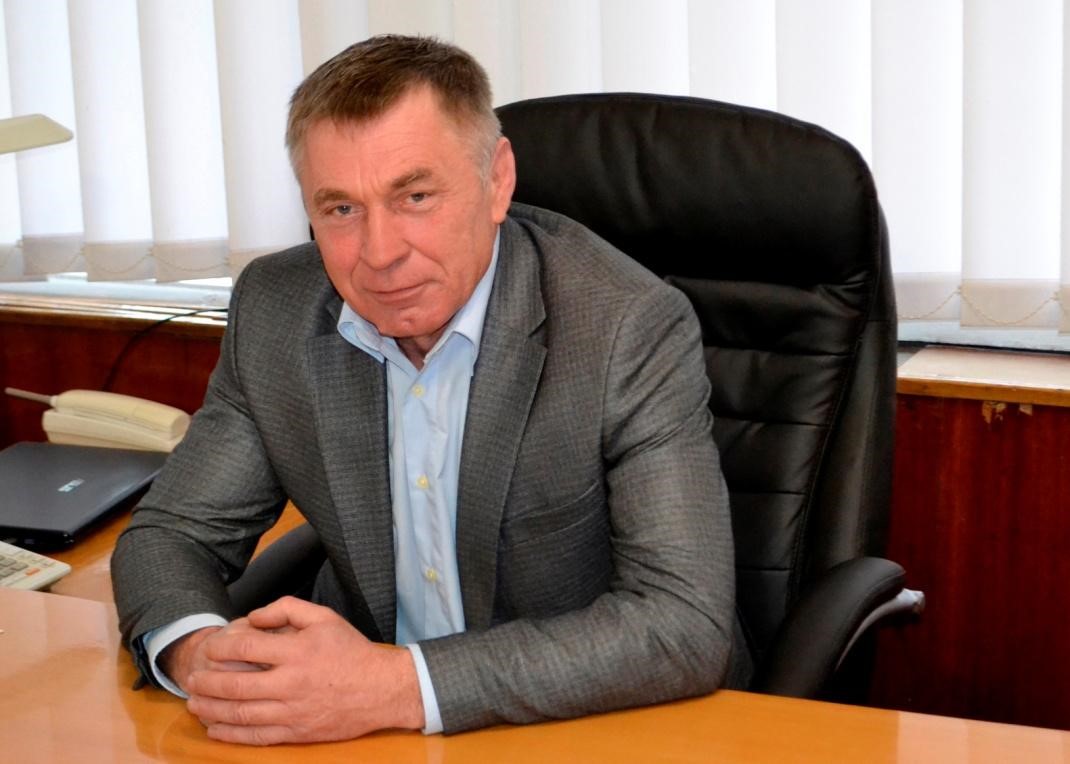
There were many plans; a number of projects were started, which were then interrupted by the war. Among them are the reconstruction of the Shakhtar town stadium and a local Palace of Culture.
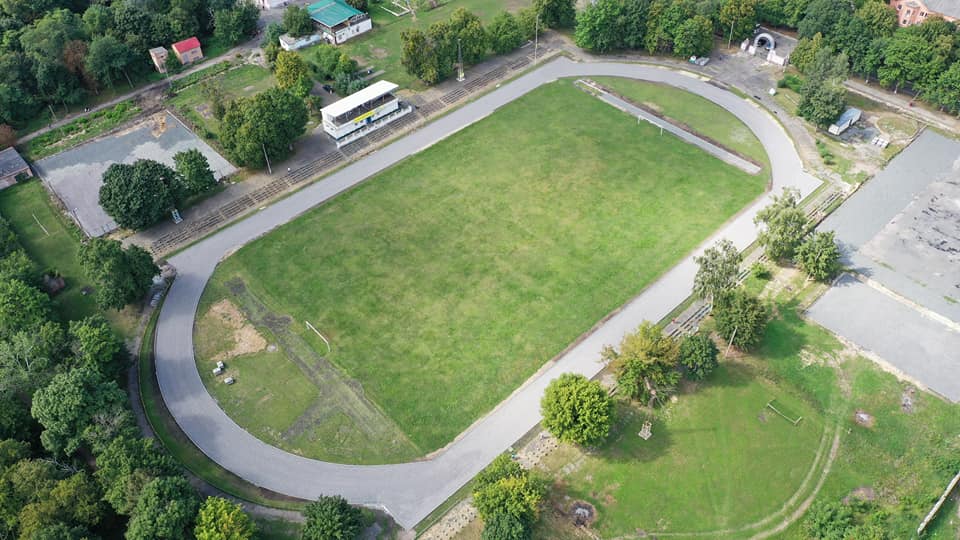
From the first days of the full-scale invasion, the local authorities did not press the panic button. Instead, all efforts were mobilized to organize the work of all structures, to ensure the community’s vital activities, to arrange the reception and accommodation of internally displaced persons, who came from the active war zones and temporarily occupied territories, as well as to help our defenders. A close cooperation was established to organize joint actions with entrepreneurs and company CEOs, institutions, and organizations.
Since the beginning of the war, the whole community has united to help the people. The volunteer movement has increased significantly. The volunteers of the community collected things and raised money to help defenders, delivered goods to frontline areas, and also organized assistance to displaced persons.
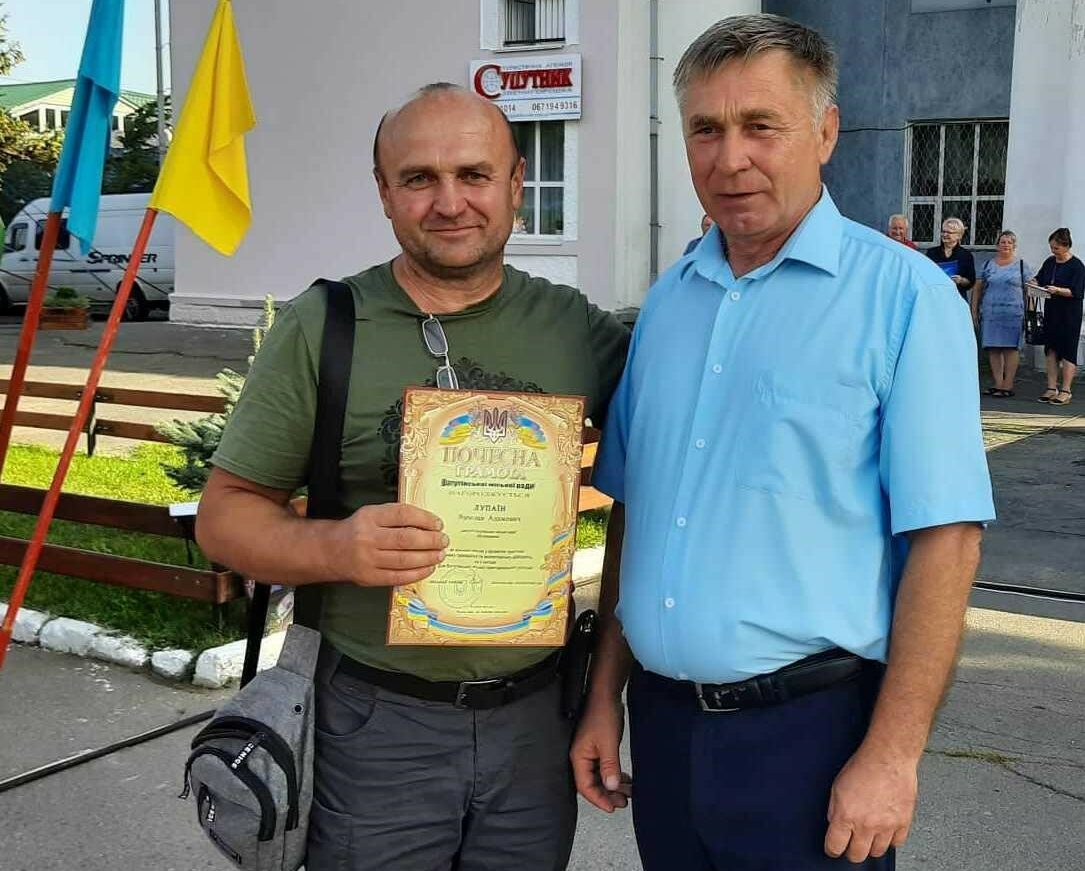
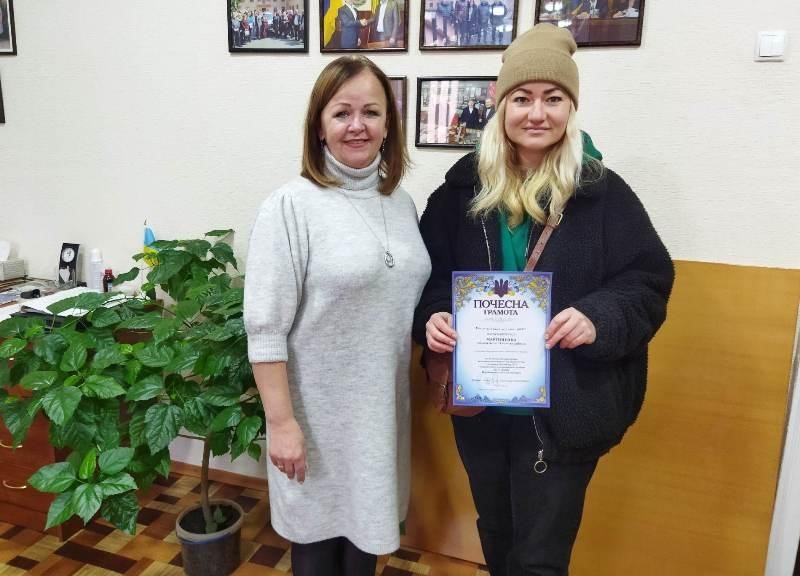
Children are also active in volunteering. For example, seventh-grader Denys Shyian, together with his father, makes dry alcohol burners for the military.
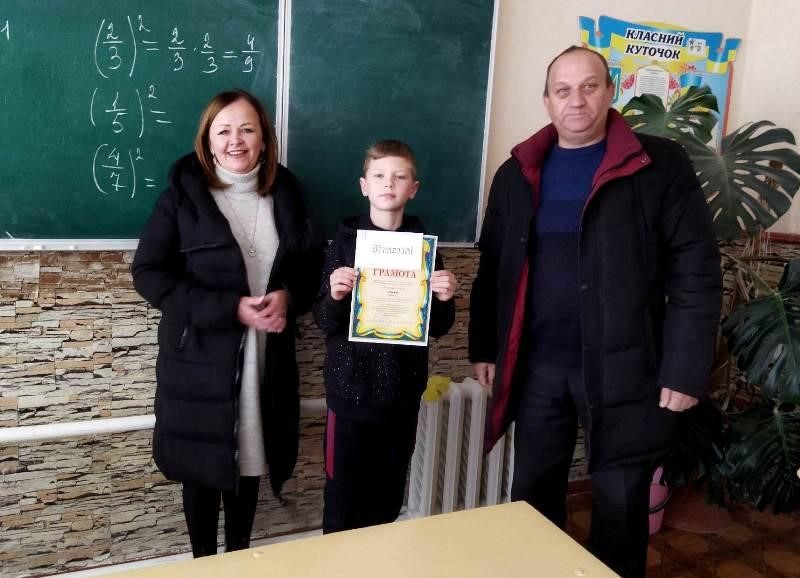
Nineteen-year-old volunteer Vladyslav Mohyla also has a big heart. Despite significant health problems, he makes and sells amulets and patriotic souvenirs, and sends earnings to the military.
He gained great respect for his actions among the residents of the community and the Ukrainian military who always make time during their short vacations to visit Vlad and thank him for his assistance.
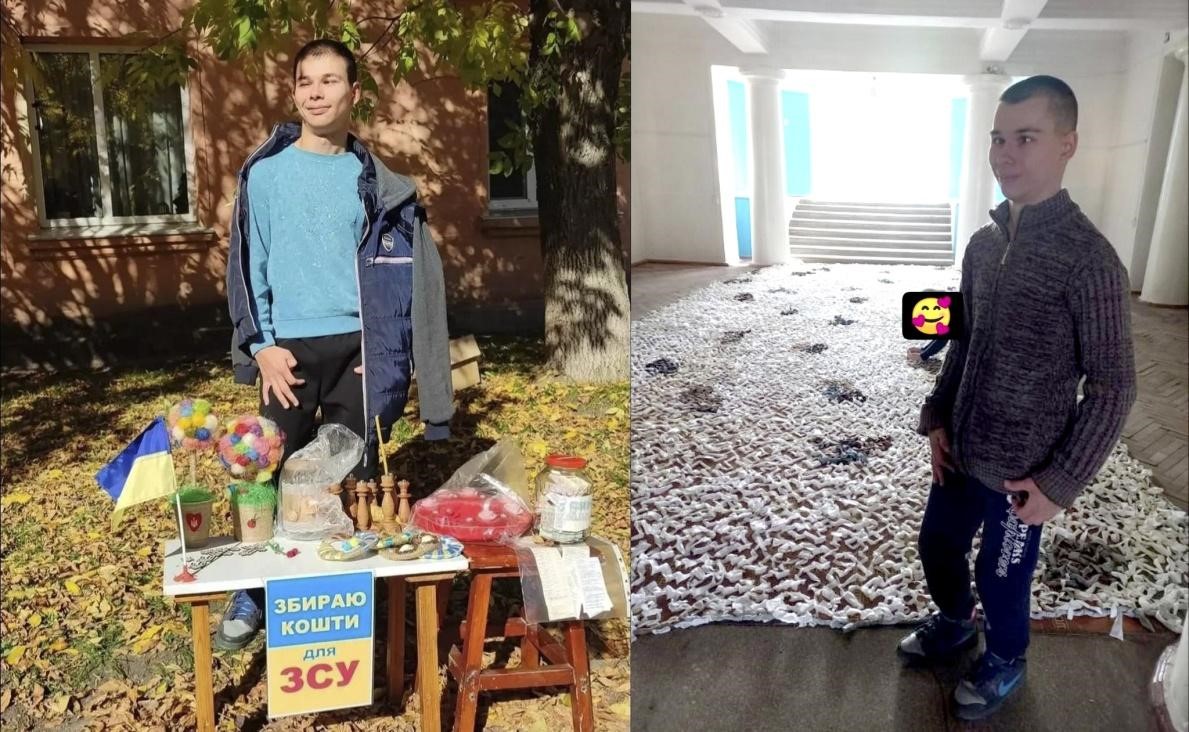
Every Ukrainian is proud of the Ukrainian military. Of course, the soldiers receive awards for their brave work and exploits. Thus, on 14 November, a resident of the community Yuri Marchenko received the Third Grade Order for Courage from the Ukrainian President.
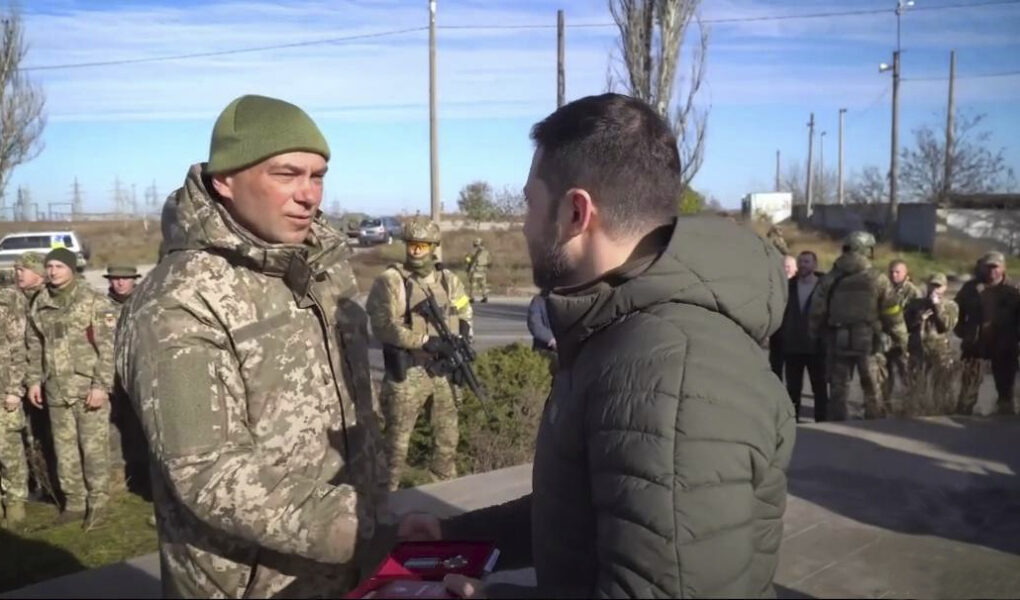
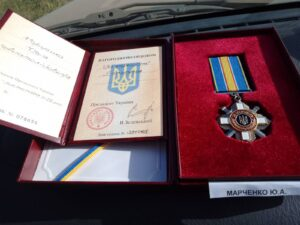
Albina Zakharchenko, who chose and devoted over 10 years of her life to the military profession also received the Steel Cross Award. She graduated from the Vatutine School and right away decided to become a soldier. Albina is married and has an eleven-year-old son.
Since the beginning of the full-scale invasion, she and her husband, also a military, has been doing military service on the outskirts of Kyiv.

The community has a well-developed sports sphere. This is confirmed by the results of various sports students. Boxer Tetiana Dovhal stands out among the bright athletes of the community. In April 2022, she won the European Championship and became the silver medallist of the World Youth Boxing Championship, which was held in La Nucia, Spain.
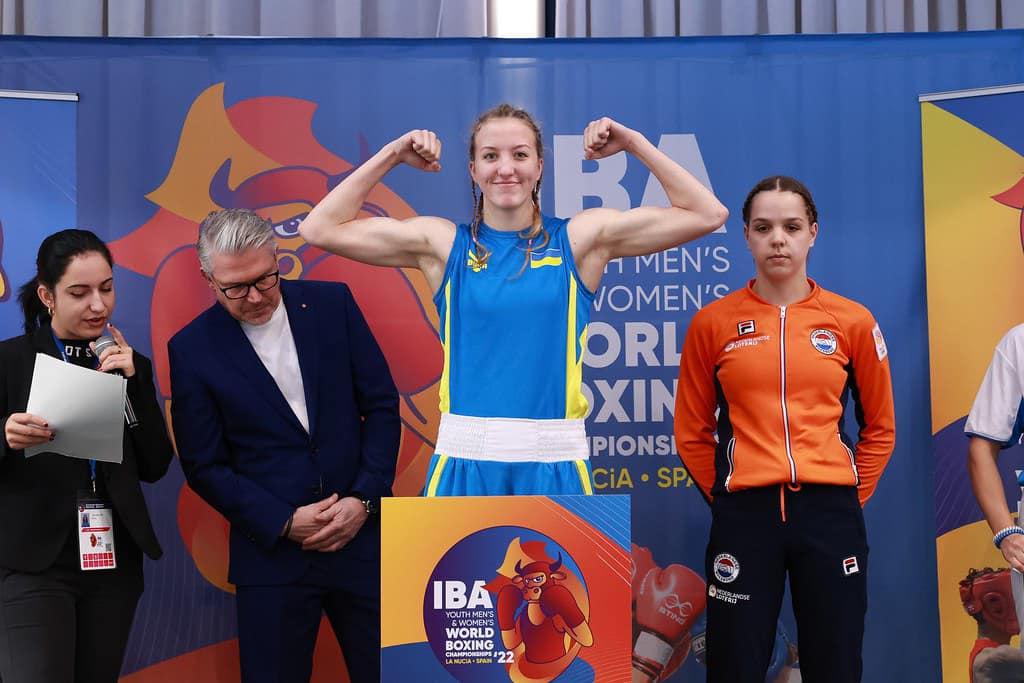
The war did not stop the creative collectives of the community. They held charity concerts to raise funds for the military. Postscriptum, a rock band of the local Palace of Culture whose member is currently defending Ukraine, actively works in this direction.
DPS Family Dance Studio is the participant and winner of many national and international competitions. The classes are held for different age groups and many internally displaced persons visit them now.
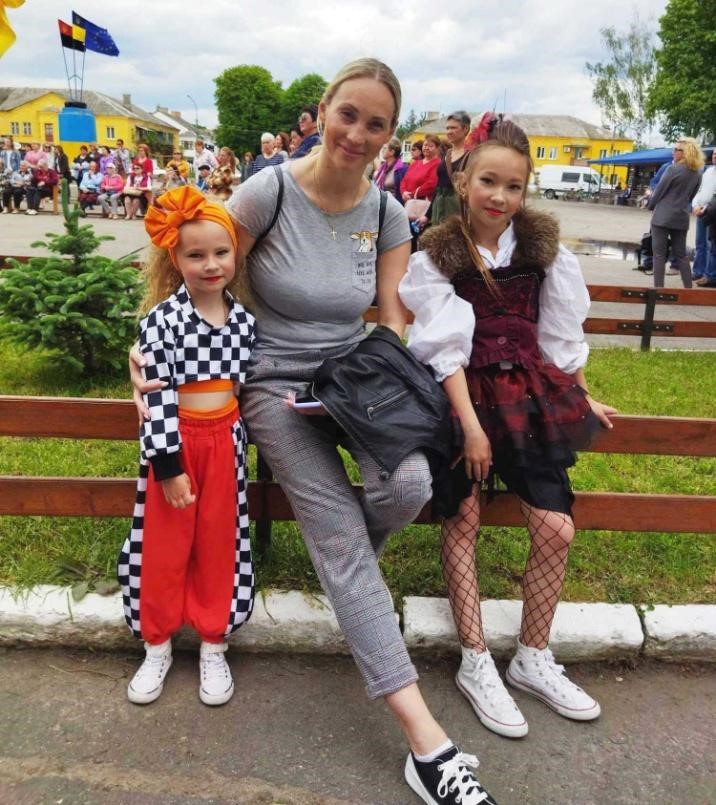
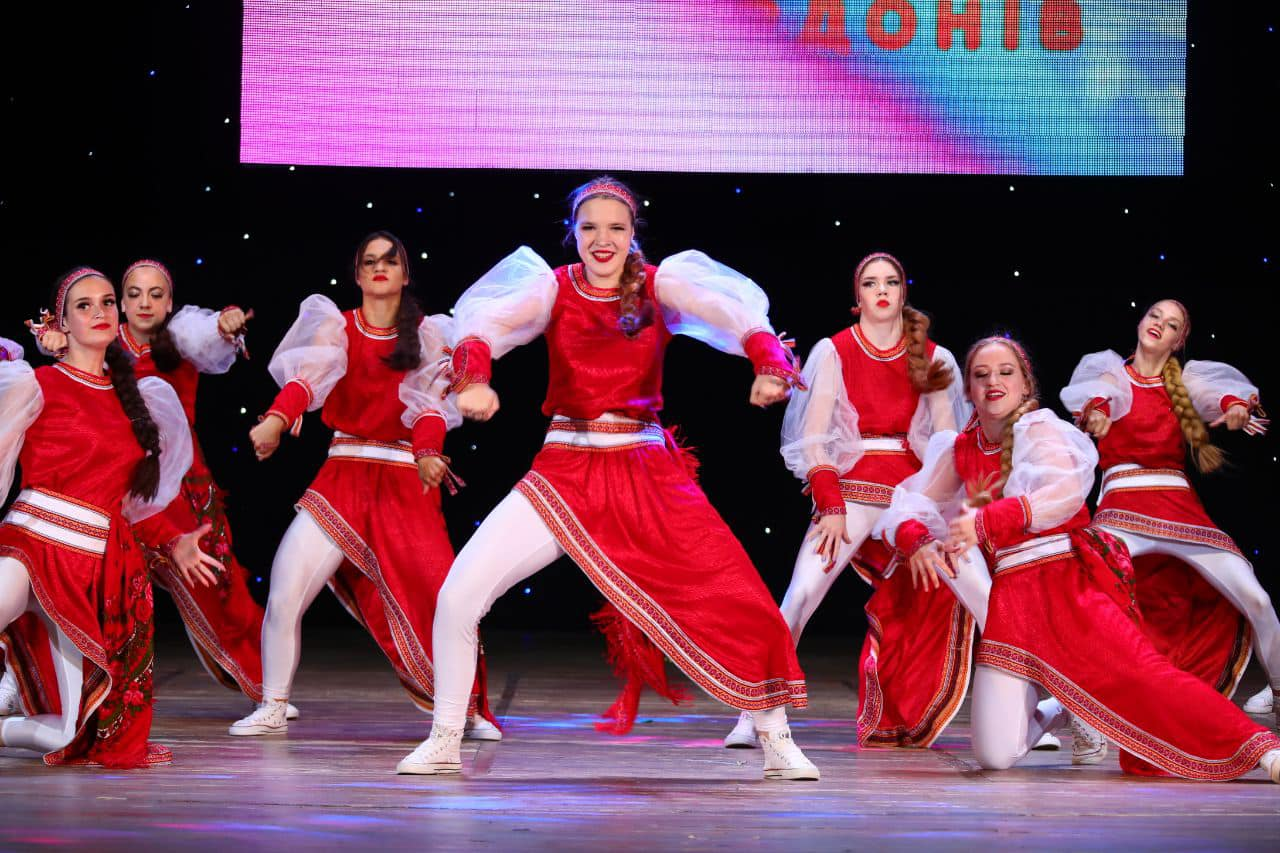
Development Strategy
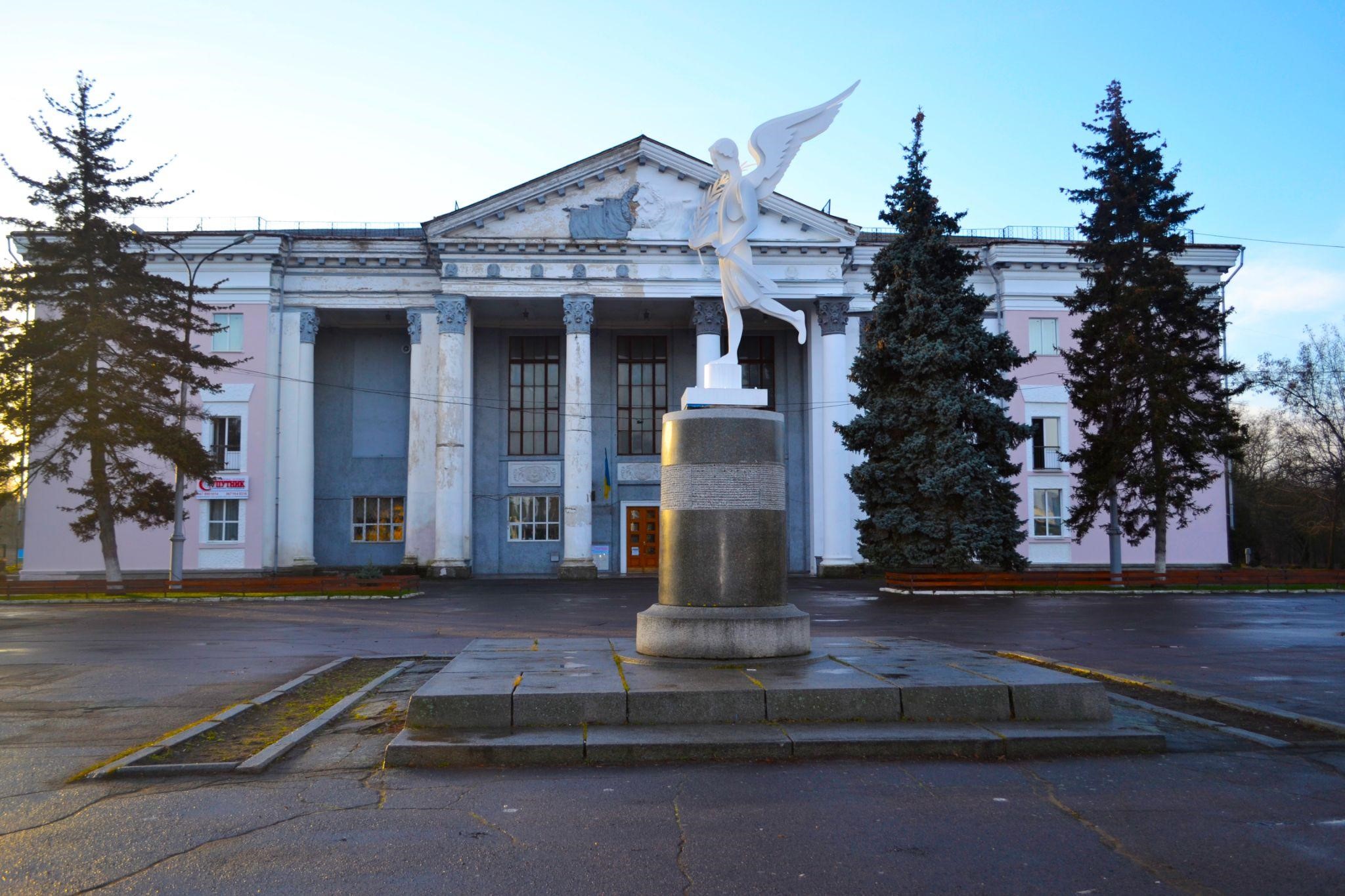
The following works are planned to be done as part of the priority areas of activity and tasks:
- Constructing/reconstructing water supply networks.
- Improving the quality of heat supply.
- Expanding motor transport services for the population.
- Improving the quality of services for the removal and disposal of solid household waste: reconstruction of the solid waste landfill in Vatutine.
- Improving the material and technical base of communal enterprises.
- Increasing the list of quality medical services and improving provision of modern medical equipment.
- Expanding social services for vulnerable people.
- Providing canteens of educational institutions with energy-saving kitchen equipment, taking measures to install fire alarms, maintaining the power grid and electrical equipment of educational institutions.
- Overhauling/repairing roads in the community.
- Implementing energy-saving measures: replacing wooden windows with energy-saving windows, insulating ceilings and reconstructing roofs, insulating facades, replacing entrance doors with energy-saving doors, introducing the use of energy-efficient lighting devices, installing solar power plants at water intakes and treatment facilities.
- Supporting business relocation.
- Reconstructing/repairing communal facilities for internally displaced persons.
List of Sources
- Website of town council
- Website of the community
- Facebook page of the community
- Facebook page of private enterprise “Editorial office of the local newspaper “Misto Vyrobnyche”
- Wikipedia
- procherk.info
- Cherkasy News
- www.facebook.com
